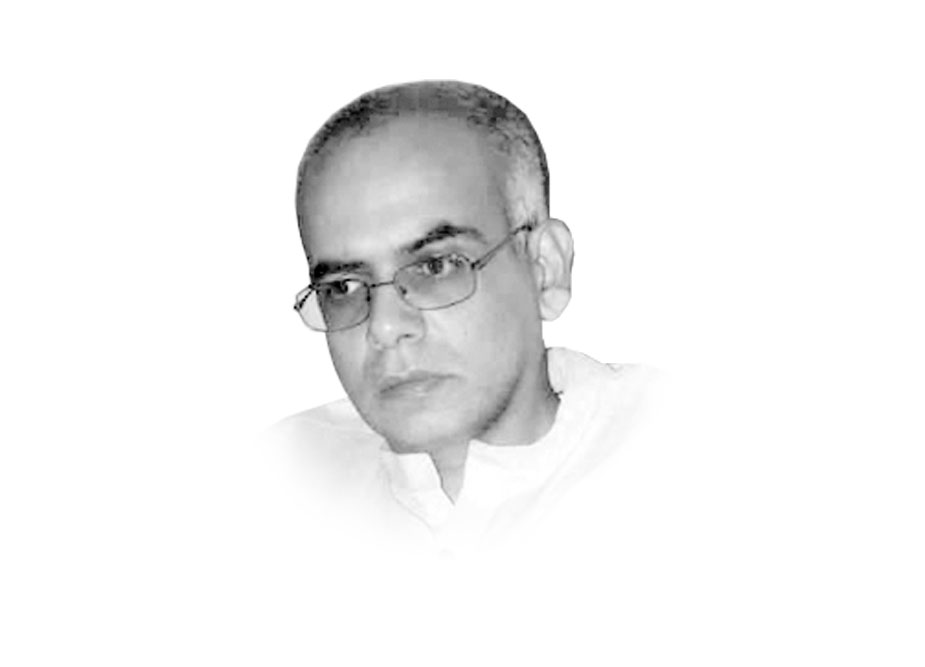
Following procedures of the International Court of Justice, this tribunal arranged for five eminent judges to hear testimonies and to deliver an advisory opinion against Monsanto, and other major agri-chemical concerns, which operate on a global scale. These large corporations were accused of promoting damaging farming practices for the sake of profit, despite their very serious environmental and human rights impacts.
Internationally renowned judges took evidence from 30 witnesses and ‘victims’ of Monsanto, including the former UN Special Rapporteur on the Right to Food, a former German Minister of Agriculture, alongside Argentine doctors, Mexican beekeepers and toxicologists and scientists from 15 countries. The Chairwoman of the Tribunal, who is the former Vice-President of the European Court of Human Rights, has said the tribunal will try to deliver its legal opinion by the December 10.
However, this tribunal itself, nor its legal opinion, can have any standing in law. Its organisers have instead described the tribunal as a “moral trial”, and they hope that the tribunal’s decision will motivate judges will legal jurisdiction to step forward, and begin delivering verdicts which have more teeth.
Not surprisingly, Monsanto itself declined to take part in this public tribunal. Instead, Monsanto put out a statement saying that while it welcomes a constructive dialogue where diverse ideas about food and agricultural production can be discussed, the tribunal itself is no more than a “mock trial”.
Monsanto claims to play a very important role in enabling farmers grow more food, using lesser land, through products like genetically modified seeds, which need less fertilisers and pesticides. Yet, agribusiness corporations have been blamed for allegedly contributes at least one-third of man-made greenhouse gas emissions. Moreover, corporations such as Monsanto are blamed for pushing an agro-industrial model of farming which has caused massive damage to soil and water resources, in turn causing species extinction, declining biodiversity, and displacing millions of small farmers worldwide.
Monsanto maintains that, at the end of the day, farmers are free to choose how they want to grow their crops. Organisers of the tribunal have, however, tried to highlight lobbying tactics and other strategies used by big agri-business corporations (like Monsanto, Bayer, BASF, DowDuPont, Syngenta) to influence political and policy decisions concerning how agricultural productivity should be pursued.
Monsanto has tried to undermine the legitimacy of this 'moral trial' by describing it as a staged stunt by organic food organisations, trying to create a larger niche for themselves. Forbes magazine also backed this assessment, by asserting that the tribunal leaders are part of the organic movement, which has a special interest in demonising the GMO industry.
In fact, major international aid agencies, including the World Bank, have long been pushing agricultural liberalisation as the means to draw investments and boost agricultural growth. Such policies have enabled companies like Monsanto to make further inroads into rural economies around the world, including India and Pakistan.
In a significant recent development, Monsanto has been bought by the German conglomerate, Bayer, for a staggering $66 billion. This acquisition has in turn sparked fears about the further influence of the agro-chemical model of agricultural production.
Larger corporate farms with the capital and the technical know-how to purchase and accurately use GMOS seeds and its associated products can achieve impressive yields. However, in countries like India where many poor farmers tried to use BT cotton seeds, provided by companies like Monsanto, found themselves highly indebted as a consequence.
A significant proportion of farmers in the world are poor, often they do not even own the land they cultivate. Their plight is being compounded by climate change, such as more droughts. Increasing commercialisation of agriculture, run by agribusiness giants, does not seem well-suited to improving their circumstances. However, the extent to which the aforementioned tribunal will be able to convince policymakers to invest in more sustainable, and poor-friendly, farming practices remains to be seen.
Published in The Express Tribune, December 2nd, 2016.
Like Opinion & Editorial on Facebook, follow @ETOpEd on Twitter to receive all updates on all our daily pieces.













COMMENTS (1)
Comments are moderated and generally will be posted if they are on-topic and not abusive.
For more information, please see our Comments FAQ